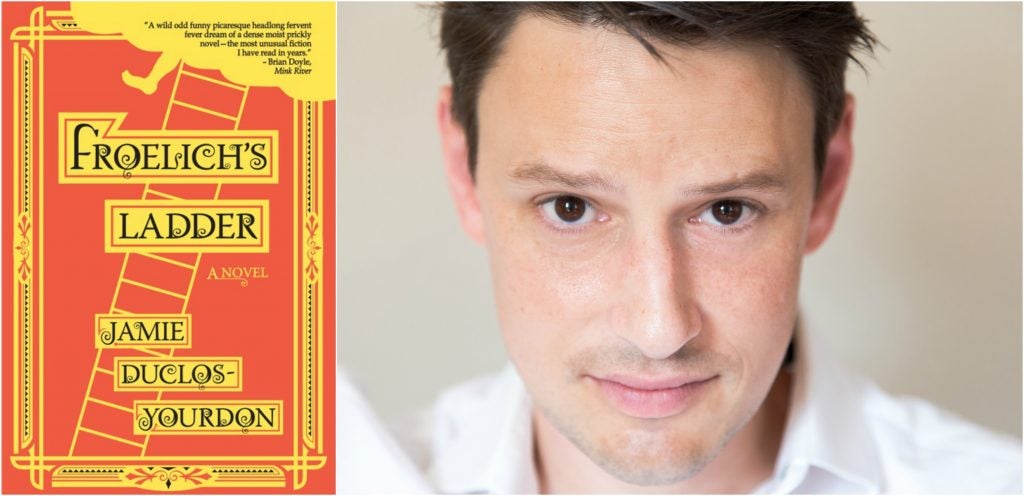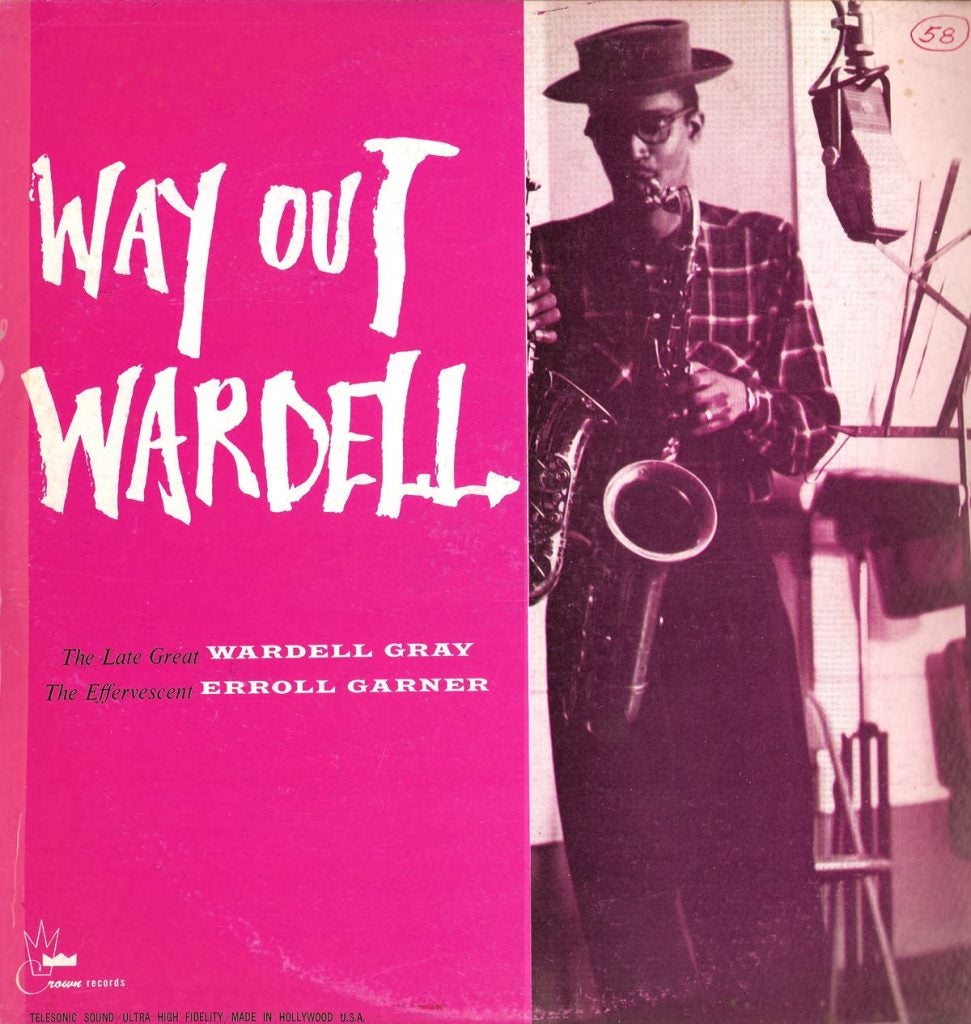Hilary Mantel, when she writes fiction, prefers to grab on a fact. A handhold, if you will. “I aim to make fiction flexible enough so that it bends itself around the facts as we have them,” she said in her Paris Review interview last week. If someone were to claim that the pursuit of the factual runs counter to the aims of fiction, she’d reply that most of human history remains unknown to us, anyway – we have only fragments of Sappho and stumps of buildings and broken statues and fields and fields of unmarked graves all over the world. So if you are lucky enough to build a human universe around any kind of factual handhold, why wouldn’t you use all you could get? To extend the climbing metaphor: just because you can, improbably, hoist yourself along a sheer cliff face doesn’t make the risk of falling any less, or the vista behind you any less stunning.
Hilary Mantel, when she writes fiction, prefers to grab on a fact. A handhold, if you will. “I aim to make fiction flexible enough so that it bends itself around the facts as we have them,” she said in her Paris Review interview last week. If someone were to claim that the pursuit of the factual runs counter to the aims of fiction, she’d reply that most of human history remains unknown to us, anyway – we have only fragments of Sappho and stumps of buildings and broken statues and fields and fields of unmarked graves all over the world. So if you are lucky enough to build a human universe around any kind of factual handhold, why wouldn’t you use all you could get? To extend the climbing metaphor: just because you can, improbably, hoist yourself along a sheer cliff face doesn’t make the risk of falling any less, or the vista behind you any less stunning.






